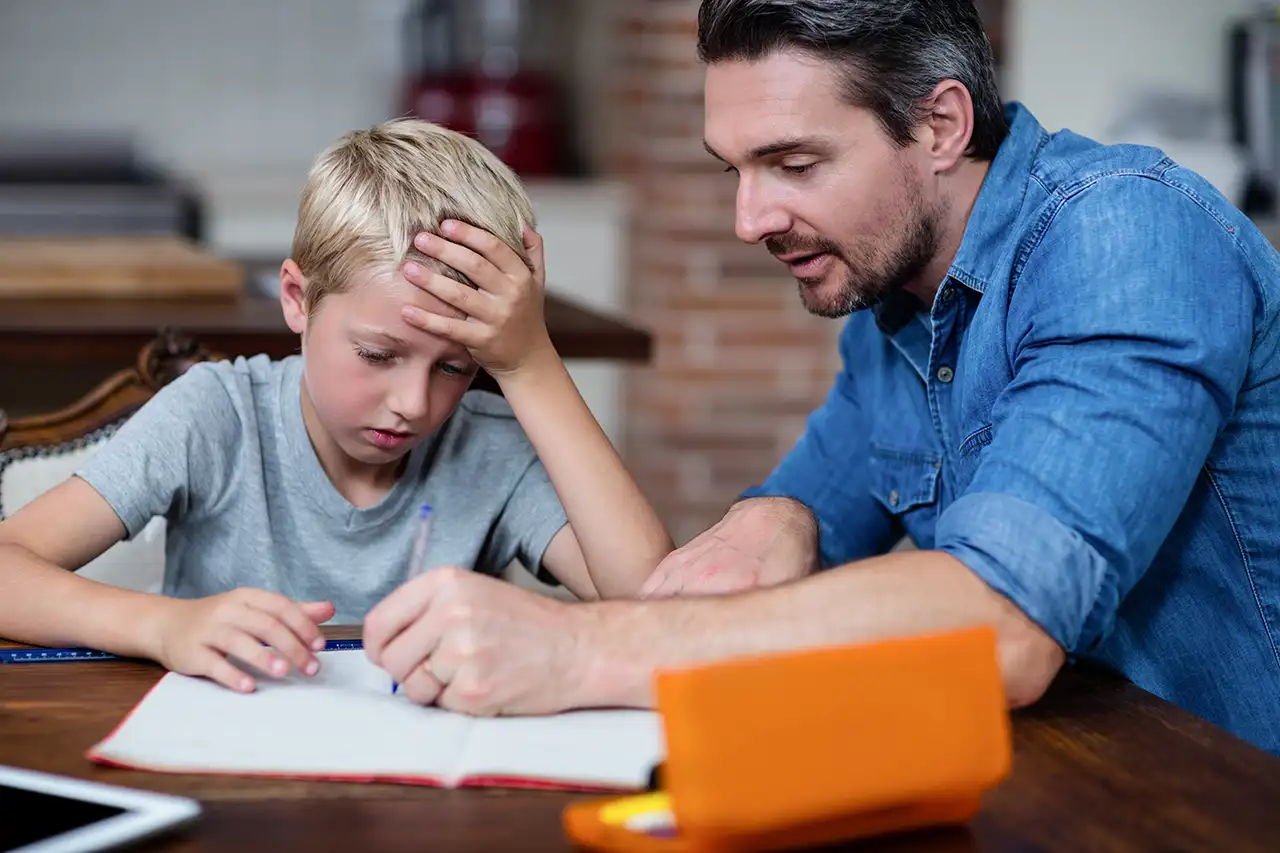Anxiety and Attention-Deficit/Hyperactivity Disorder (ADHD) are two mental health conditions that are commonly diagnosed in children. While they are two separate conditions, there is a high prevalence of anxiety in children with ADHD. In fact, anxiety is often considered a secondary symptom of ADHD, and it can have a significant impact on a child’s academic, social, and emotional development. In this blog, we will explore the relationship between ADHD and anxiety in children, and provide tips and strategies for parents to help their children cope with these conditions.
Both ADHD and anxiety are neurological disorders that affect brain functioning. ADHD is characterized by symptoms such as impulsivity, hyperactivity, and inattention, while anxiety is characterized by excessive worry, fear, or panic. Recent studies suggest that ADHD and anxiety are linked because they share similar brain circuitry and neurotransmitters. For instance, both ADHD and anxiety involve the neurotransmitter dopamine, which is responsible for motivation and attention. As a result, children with ADHD who have dopamine dysregulation are more susceptible to developing anxiety symptoms.
Impact of Anxiety on Children with ADHD
Anxiety can have several negative impacts on children with ADHD. For example, anxiety can worsen ADHD symptoms such as distractibility, forgetfulness, and impulsivity. Children with ADHD may also experience higher levels of emotional reactivity, which can lead to mood swings and behavioral problems. Furthermore, anxiety can cause a child to withdraw socially, avoid challenges, and become less confident in their abilities. These negative effects can lead to academic struggles, social isolation, and low self-esteem.
Coping Strategies for Children with ADHD and Anxiety
The good news is that there are several strategies that parents can use to help their children cope with both ADHD and anxiety. Firstly, parents should work closely with a mental health professional to determine the appropriate treatment plan for their child. This may include medication, behavioral therapy, or a combination of both. Additionally, parents can teach their child coping skills such as positive self-talk, deep breathing, and mindfulness. Engaging in physical activity, getting proper sleep and nutrition, and reducing screen time can also be beneficial. Creating a routine and structure at home can help alleviate anxiety and improve focus as well.
Supporting Your Child with ADHD and Anxiety
It’s important for parents to provide support and understanding to their child with ADHD and anxiety. Parents can listen to their child’s concerns, validate their feelings, and help them problem-solve their challenges. Being patient, encouraging, and empathetic can foster a positive outlook and reduce stress. Parents can also work with their child’s teachers, school counselors, and healthcare providers to create an individualized education plan (IEP) that addresses their child’s unique needs. This can include accommodations such as extended time for exams, a quiet study environment, and breaks to destress.

